How does opera see you?
A white, cis woman’s misconceptions of identity within the opera sector
Who are you? How do you see yourself? How would you define yourself to someone else? Would you include your physical features? Personality traits? Beliefs? Which of these do you value the most? Which of these attributes do you want people to measure you by? When we start thinking about identity, we can get confused by what we’re trying to say. How we identify as individuals and how we identify as people are two conflicting ideas that are often abused within the opera community. I came to this realization when I started working for Opera InReach (OIR).
What is OIR’s identity?
As resident content strategist for OIR, I need to have a full understanding of who they are. What is their brand voice? How do they speak? How do they feel? It’s my job to make sure I articulate to their audience exactly what they do, how they do it, and most importantly, why they do it. Why was OIR created? How did it come to be? I decided to ask co-founders Andrew Adridge and Daevyd Pepper to tell me their story. I wanted to get some insight on the types of conversations that sparked the co-founders to start the OIR collective. Our discussions continuously lead back to an overarching theme: identity.
I found it difficult at times to follow our conversations. I kept getting confused by what they both meant by identity. I’ll admit that as a white cis individual, I don’t often think about my identity. The more I thought about it, the more I realized the vagueness of the term. From my perspective, we were using it in two ways: to define a state of similarity, and to define the characteristics, feelings, or beliefs that distinguish people from others. Are we the same or are we different?
Why “identity” should not be a loose term.
All this talk of identity made me think of a movie I recently saw, Spielberg’s Lincoln. There’s a scene set in the house of representatives where congressmen are set to vote on the thirteenth amendment (abolishing slavery in the United States). Congressman Thaddeus Steven (played by Tommy Lee Jones) argues that the amendment be measured by legal equality and not actual equality. He goes on to say that all men aren’t created equal because the opposition party is proof that men can be created inferior, no matter the color of their skin. Congressman Stevens found a clever way to work around the system. He was demonstrating the misconception of identity.
Actual Identity = Stereotypes
Legal Identity = Individualism
These principles harp on the pressing issue of why we shouldn’t use “identity” loosely in terminology. Can you imagine being told who you are based on how people see you? We continue to see this within our opera sector. How can a community claiming to support artistry and authenticity continue to limit its potential based on how they see a person? It’s contradicting to the art form and what it stands for. How can we nourish our artistry and musicianship when we are not viewed as individuals?
We need to establish its meaning.
It’s imperative that we, as a community, firmly establish the meaning of an artist’s identity. We need to reject Eurocentric views of equality in order to make way for a progressive world of opera. We should uphold artistry and place it at the forefront of our craft. We need to see people for what makes them special, what makes them unique. We need to value artists for what makes them different from each other and not what makes them the same. This collective understanding needs to be inflicted within the opera sector and should be continuously practiced within all that it encompasses.
We are all uniquely the same.
As a white cis woman, I’ll never understand how Andrew and Davyed feel. I will never understand the feelings of oppression. I will never feel shackled by the shade of my skin. I will never feel restricted by my sexual orientation. I will never be shamed for who I love. But just because I can’t relate from my experience within our social climate and opera sector, it doesn’t mean I can’t understand that this way of practicing art, that this way of living, is wrong.
I feel emotions. I have a personality. I have lived many experiences all shaping who I am today. These are the attributes that fabricate your being. An artist’s identity is shaped by their heart, soul, and spirit. An identity isn’t just a feature. It isn’t just our nature. It’s who we are. It’s our artistry. It’s our musicianship. It’s our being.
Rebecca Apps (she/her)
Digital Marketing Strategist, Opera InReach


